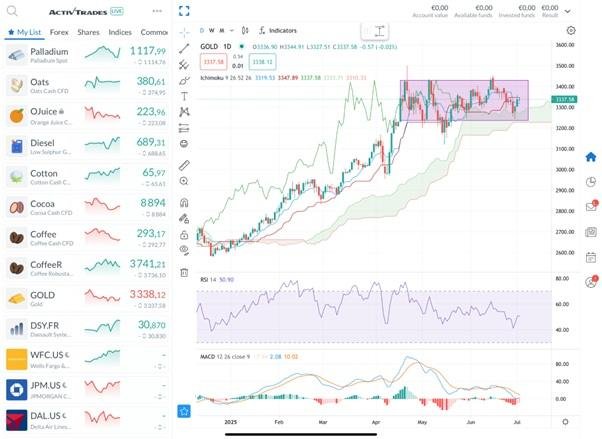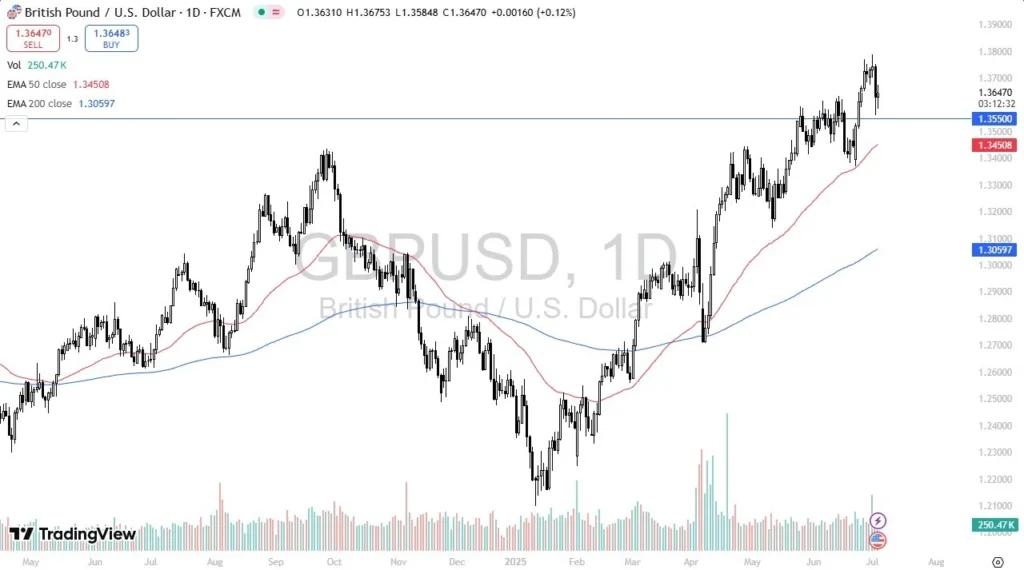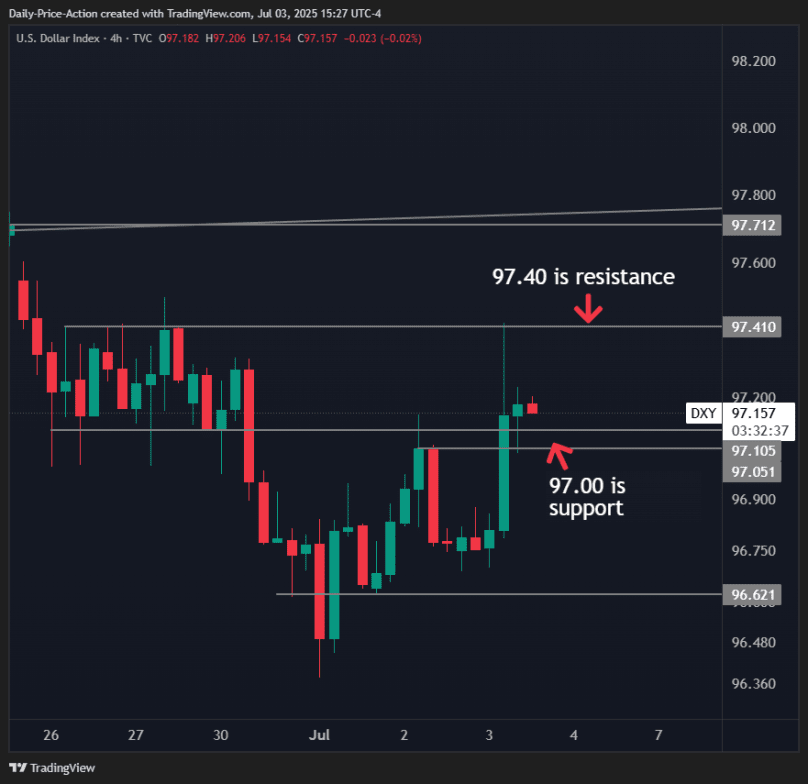India’s securities regulator, Sebi, believes it’s the latter. The regulator has accused Jane Street Group—a global trading powerhouse with 2,600 employees across 45 countries—of running an elaborate scheme to artificially inflate and crash stock prices for massive derivatives gains.
The result: Rs 4,844 crore frozen, a complete market ban, and one of the most significant enforcement actions against a foreign trading firm in Indian market history.
Here’s everything you need to know about Jane Street’s trading scandal on Dalal Street:
What is Jane Street?
Jane Street Group LLC is a major global proprietary trading firm founded in 2000 by a team of traders and technologists in New York. The company has grown significantly since its inception, now employing more than 2,600 people across five offices in the United States, Europe, and Asia, and trading in 45 countries.

Live Events
The firm is particularly renowned for its expertise in exchange-traded funds (ETFs) and operates as a significant player in global equities, bonds, and options markets. Jane Street leverages advanced quantitative analysis to drive both its proprietary trading business and client trading activities.
The company operates through various regulated entities worldwide. In the US, services are provided by Jane Street Capital, LLC, and Jane Street Execution Services, LLC, both SEC-registered broker-dealers. In Europe, it operates through Jane Street Financial Limited (UK) and Jane Street Netherlands B.V., while in Asia, it runs Jane Street Hong Kong Limited. All these entities are wholly owned subsidiaries of Jane Street Group, LLC.
What Did Jane Street Do Wrong?
Sebi’s investigation revealed what the regulator described as systematic market manipulation designed to profit from enormous index options positions. The alleged scheme involved Jane Street artificially influencing underlying stock and index prices to benefit their derivatives trading.
The core allegation centers on what Sebi called an “Intra Day Index manipulation strategy.” According to the regulator, Jane Street would deal simultaneously across multiple market segments – cash equities, stock futures, index futures, and index options – but in a manipulative manner.
The firm allegedly engaged in aggressive buying of Nifty Bank component stocks and futures during morning hours, artificially inflating prices. They would then reverse these positions later in the day through aggressive selling, causing prices to fall. This coordinated buying and selling was designed to manipulate the index at strategic times to benefit their massive options positions.
Sebi found that Jane Street was “consistently running what appeared to be by far the largest risks in ‘cash equivalent’ terms in F&O, particularly on index option expiry days.” The regulator noted that “what sets apart the trading pattern of the JS Group as prima facie being manipulative, is the intensity and sheer scale of their intervention in the underlying component stock and futures markets.”
How Did Jane Street Manipulate Dalal Street?
The alleged manipulation involved a sophisticated strategy that Sebi described as “marking-the-close” – where an entity with huge options exposures moves the underlying market aggressively in its favor just before expiry.
On a typical manipulation day, Jane Street would aggressively purchase Nifty Bank component stocks and futures, artificially inflating the index in the morning. Other market participants trading solely in Nifty Bank options would see the artificially high index levels and make trading decisions based on these manipulated prices. Jane Street would then aggressively sell back all their morning purchases and more, causing the index to fall.
The firm would profit from its large options positions as the index moved in their favor.
Sebi explained that Jane Street entities “were aware that Nifty Bank was almost certainly likely to fall again by the end of the day, given their intent to aggressively sell back all of their morning purchases (and more).” Meanwhile, other traders “were unaware of all this, and were hence enticed to deal at a time that the Nifty Bank itself was being artificially and temporarily propped up.”
The regulator also identified instances of “extended marking the close” where Jane Street would execute large sell-side trades in underlying index constituents during closing minutes to depress the index, benefiting their short Call or long Put positions.
What Did SEBI Find Against Jane Street?
Sebi’s investigation uncovered staggering numbers that highlight the scale of Jane Street’s operations in Indian markets. During the examination period, Jane Street made total profits of Rs 36,502.12 crore across all segments.
This pattern suggests that Jane Street was using the cash equities, stock futures, and index futures segments primarily to manipulate prices, accepting losses in these segments to generate much larger profits in the options segment.
Much of the trading was undertaken by Foreign Portfolio Investors (FPIs) in the Jane Street group, with net profits of Rs 32,681 crore booked by these entities. Sebi noted that this amount was “significantly higher than the average quantum of assets held by these FPIs in India,” indicating that profits were likely repatriated.
The regulator found that Jane Street’s Indian entity, JSI Investments Private Ltd, was “an integral part of the whole of the JS Group activity,” with the Indian entity’s aggressive intraday activities in index constituent stocks having “no economic rationale other than to manipulate the underlying indices.”
What Action Has SEBI Taken?
Sebi imposed comprehensive interim restrictions on Jane Street pending detailed investigation:
Asset Freeze: The regulator ordered impounding of Rs 4,843.57 crore in unlawful gains, requiring Jane Street to deposit this amount in an escrow account with a lien in favor of SEBI.
Market Ban: Jane Street entities are completely restrained from accessing securities markets and prohibited from buying, selling, or dealing in securities directly or indirectly.
Account Restrictions: All bank accounts, demat accounts, and custodial accounts are frozen, with no debits allowed without SEBI permission (though credits can be accepted).
Asset Disposal Ban: The entities cannot dispose of or alienate any assets in India until the unlawful gains are deposited in the escrow account.
What Happens Next?
Jane Street has 21 days from receipt of the order to file objections and can request a personal hearing. The interim restrictions remain in force until further orders from Sebi.
Stock exchanges have been directed to closely monitor any future dealings by Jane Street to ensure they don’t engage in manipulative activities using the patterns identified in the order.
The case represents a significant test of Sebi regulatory reach over sophisticated global trading firms and could influence future approaches toward foreign institutional investors operating in Indian markets.







